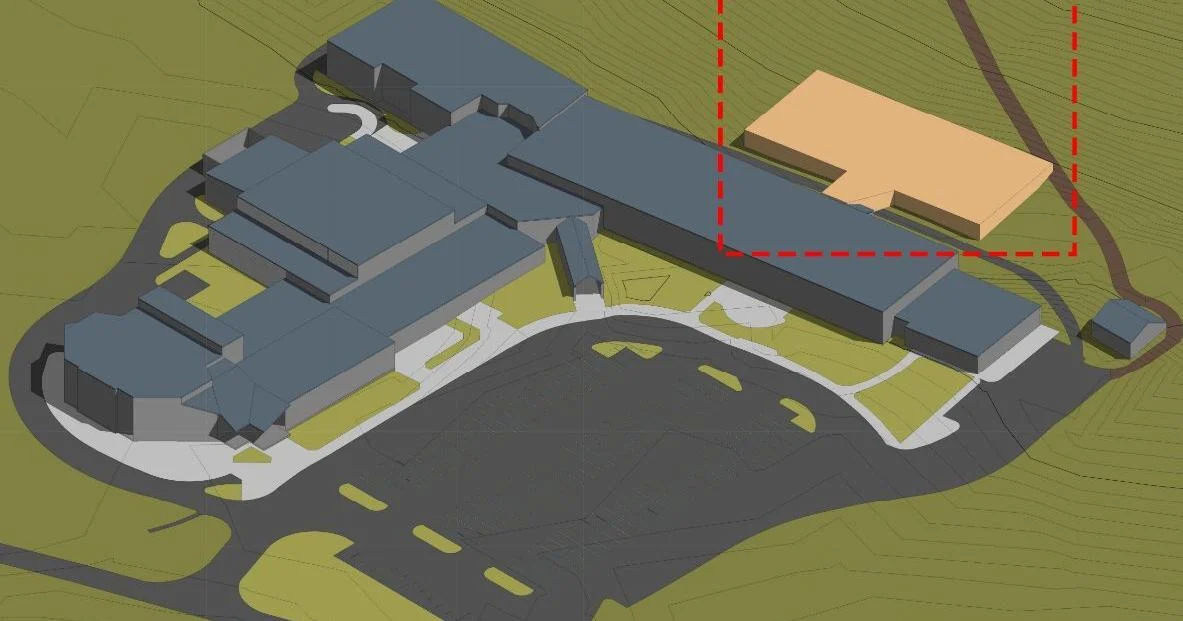By Editorial
Copyright dawn

PUNJAB’S unannounced ‘ban’ on interprovincial wheat movement is creating flour shortages leading to price spikes in KP and Sindh. What Punjab officials describe as ‘check-points’ to curb ‘unusual’ wheat movement is actually being viewed as a de facto ban by the other provinces. The move has drawn criticism from flour millers and politicians from provinces heavily reliant on Punjab for wheat supplies and food security. Flour mill owners have rightly argued that the curbs on wheat movement go against Article 151 of the Constitution, which guarantees freedom of interprovincial trade. The PPP’s governor in Peshawar has called the restrictions a “serious breach of national unity” and the KP Assembly has passed a resolution denouncing Punjab’s actions. Sindh, too, is alarmed. That this is fast morphing into a political fault line is deeply worrying.
Indeed, restrictions on interprovincial wheat movement out of fear of shortages are not new. We saw this most recently in 2020, 2022 and 2023, when shortages forced provincial curbs and triggered nationwide turmoil. This time, however, Punjab’s retreat from its traditional role as market stabiliser by annually procuring and stocking over four million tonnes is said to have deepened the market’s fragility. Oscillating between its desire to manage retail flour prices and the loss of leverage as the country’s biggest wheat buyer, Punjab seems to have little choice but to quietly curb the outflows — a move driven by a sharp spike in flour rates in recent weeks. Yet the restrictions have failed to prevent prices from surging within Punjab itself. The policy’s lack of foresight is evident: not only has the ban undermined the spirit of the federation, it has also fuelled hoarding. Furthermore, it has rattled business confidence. Investors who were encouraged to finance bulk wheat procurement are baffled by the government’s sudden intervention in what is supposed to be a deregulated market. The crisis stems from half-baked reforms aimed at deregulating the wheat market without ensuring that it did not create price arbitrage for profiteers in the wheat-deficit provinces. Because these changes disproportionately affect the smaller provinces, the situation warrants urgent discussion at the CCI to push genuine market liberalisation and shield consumers outside Punjab. Enduring market stability demands a consistent policy that not only safeguards consumers but also ensures that private investment in wheat procurement and warehousing is not undermined.
Published in Dawn, September 18th, 2025



